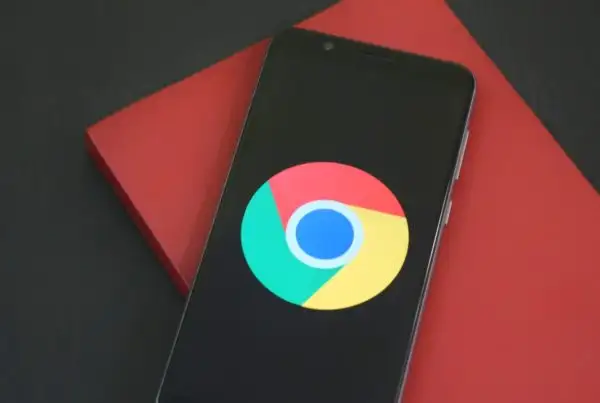Popular video-sharing site, YouTube, was officially blocked by all ISPs in Pakistan under direct orders from the government of the country, in order to prevent citizens from seeing footage from an anti-Islamic film by Dutch politician Geert Wilders. Accidental propagation of the block led to the YouTube site becoming inaccessible to most Internet users worldwide on Sunday.
Micronet, one of the local ISP’s in Pakistan sent out an email to all users, apologising for the ban on YouTube. User jk on the Pakistaniat blog shares the email contents:
Dear Valued Customer:
Pakistan Telecommunication Authority (www.pta.gov.pk) has directed all ISPs of the country to block access to www.youtube.com web site for containing blasphemous web content/movies.
The site would remain blocked till further orders from PTA. Meanwhile, Internet users can write to youtube.com to remove the objectionable web content/movies because this removal would enable the authorities to order un-blocking of this web site.
We’re sorry for any inconvenience.
Best Regards
Manager
Technical Assistance Center
Micronet Broadband Pvt. Ltd.
Islamabad
This isn’t the first time Pakistan has tried to block Internet access and messed up while doing so. Back in September 2006 the government of Pakistan blocked access to BlogSpot, the then most popular blog platform for Pakistanis. This was later reported to be just a technical glitch. Then in March 2007 the national ISP, Pakistan Telecommunication Company Limited (PTCL), ended up blocking access to a large number of popular websites including Google, Microsoft.com, BBC, CNN and Yahoo! in an attempt to follow the Pakistani Supreme Court’s order to filter all websites containing “blasphemous” content.
Religious reasons cited by the government, however, seem to be a ruse to cover-up a political agenda. President Musharraf has been accused of exploiting the religious sentiment of the nation to suppress a number of videos uploaded on YouTube that apparently show evidence of vote rigging in the country’s recent election.
What might have been just another case of censorship in the state that went largely unnoticed outside Pakistan, became an international even when the resulting ban on YouTube got propagated outside Pakistani ISPs, blocking users from accessing the website in most countries across the world.
A post on the Wired Blog explains that Pakistan Telecom complied with the government directive by changing the Border Gateway Protocol entry for YouTube – essentially updating its local internet address book for where YouTube’s section of the internet is. The idea was to direct its internet users to a page that said YouTube was blocked.
Unfortunately, the ISP announced the new route to upstream providers. The upstream providers didn’t verify the new route but accepted it and then passed it along, cascading the bad address around the net, until most everyone using the net on Sunday would have been directed to the Pakistani’s network block. The blunder not only took down YouTube, but also choked the Pakistani ISP, which was quickly deluged with millions of requests for videos.






